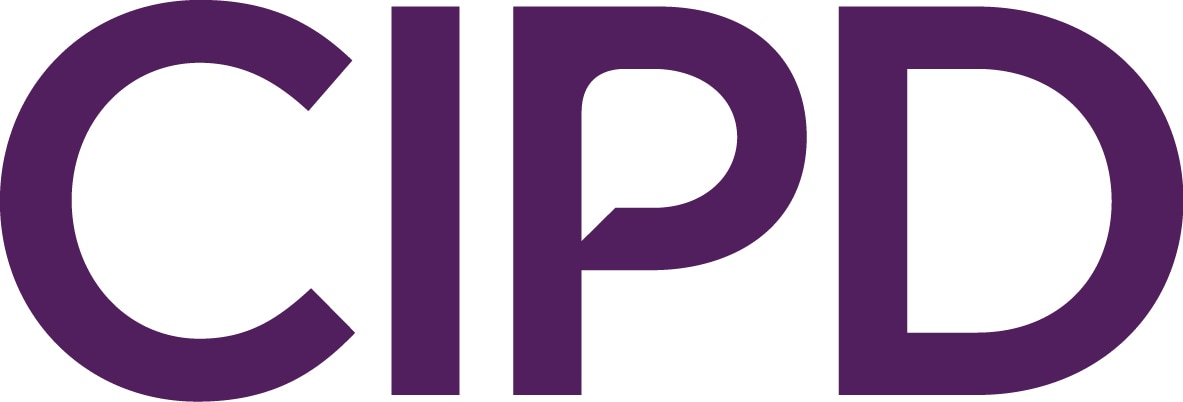
CIPD qualification (Chartered Institute of Personnel and Development)
CIPD is one of the world’s leading HR and professional development bodies, with over 135,000 member internationally working in HR, education, people management, development and consulting across private businesses and organizations in the public and private sectors. CIPD members keeps you up to date with developments in the fast changing HR profession. CIPD certifications give HR professionals the recognition and mark of professional competence; enhance career prospects and a wealth of other benefits.
Pwc’s Academy in approved provider of CIPD qualifications. The program is currently offering CHRM certification.
CIPD Certificate in HRM is a 1-year study program certificated by CIPD. It aims to increase effectiveness while performing responsibilities and dealing with tasks that are related to different roles in HR.
The CHRM has 10 training days - it contains face-to-face workshops and online webinars. You will also have access to the virtual learning environment (VLE) during the entire duration of the program. After each module, you will do a case study report (up to 3000 words). You can follow a list of recommended literature during your individual study as well. After successfully completing the CHRM course, you will receive the CIPD Certificate.
The CIPD Certificate in HR Management (CHRM) will develop your ability to evaluate the effectiveness of different HR models and practices, and increase your understanding of the external factors that impact upon HR activities and organizations.
CIPD CHRM Syllabus
Block I – 3 days
Developing Professional Practice - DVP
Understand what is required to be an effective and efficient HR professional.
Be able to perform efficiently and effectively as a self-managing HR professional.
Be able to perform efficiently and effectively as a collaborative member of working groups and teams and as an added- value contributor to the organization.
Business Issues in the Contexts of HR - CHR
Understand key contemporary business issues affecting the HR function within private, public and third sector organizations.
Understand the main external contextual factors impacting on organizations and the HR function.
Understand the role of HR in the managing of contemporary business issues and external contexts.
Understand how organizational and HR strategies and practices are shaped and developed.
Know how to identify and respond to short-term changes in the business and external contexts.
Block II (3 days)
Using Information in HR - UIN
Know how to identify and scrutinize appropriate HR data sources.
Be able to conduct small-scale research and analyze the findings.
Be able to draw meaningful conclusions and evaluate options for change.
Know how to deliver clear, business-focused reports on an HR issue.
Reward Management - RMT
Understand the business context of reward and the use of reward intelligence.
Understand the key perspectives that inform reward decision making.
Understand key reward principles, policies and practices.
Understand the role of line managers in promoting a performance culture, in reward decision making and driving sustained organization performance.
Block III (2 days)
Resourcing and Talent Planning - RST
Understand key contemporary labour market trends and their significance for different kinds of organization and in different country contexts.
Be able to undertake core talent planning activities.
Know how to contribute to the development of resourcing strategies.
Be able to manage recruitment and selection activities effectively and within the expectations of the law and good practice.
Understand how to maximize employee retention.
Block IV (2 days)
Implementing Coaching and Mentoring - ICM
Understand the nature, purpose and benefits of coaching and mentoring in organizations.
Understand the different ways coaching and mentoring can be implemented in organizations.
Be able to support the implementation of coaching and/or mentoring programs within an organization
Contact us




